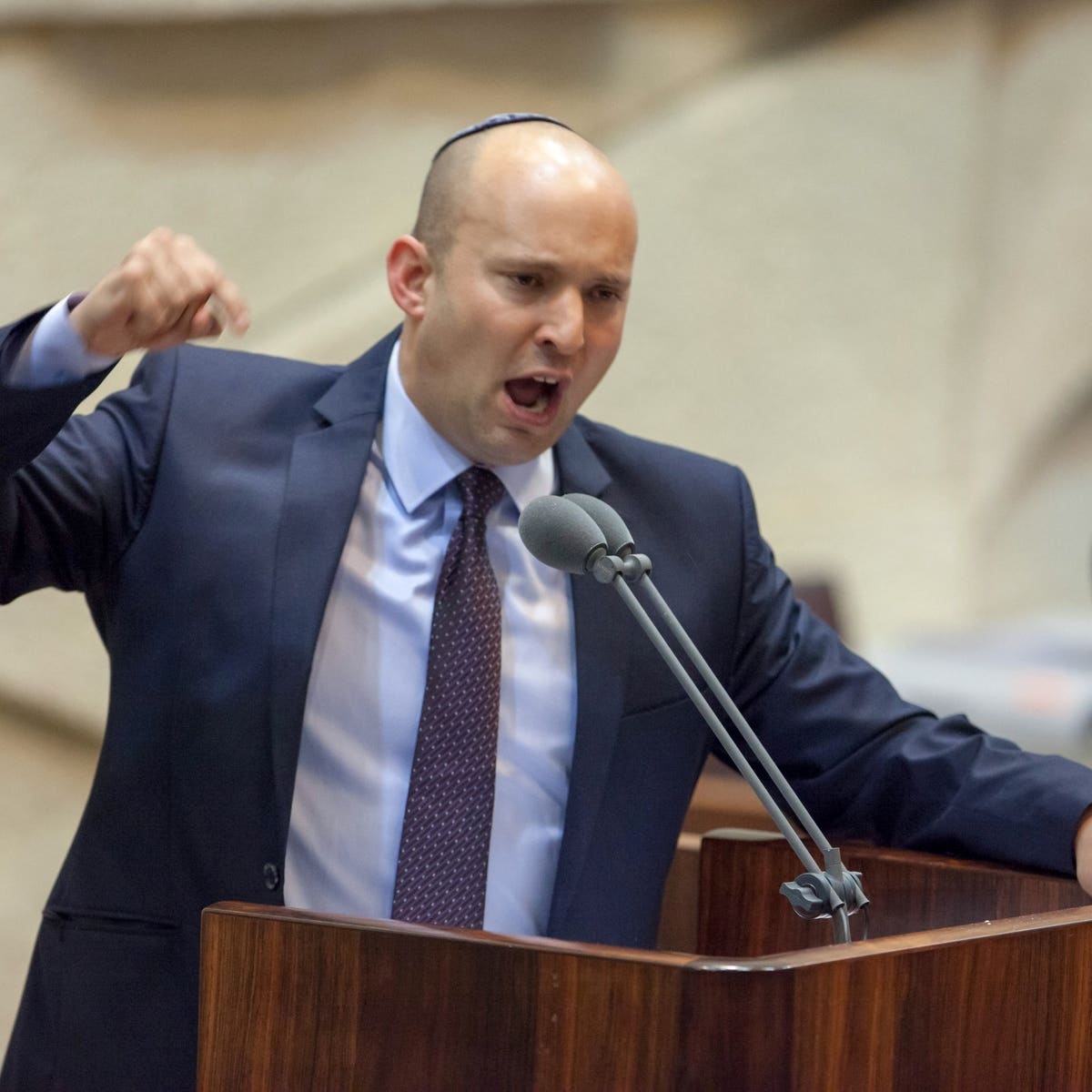US rejects Israeli criticism of Vienna Talks
The US argues back that it's withdrawn once, and it cannot do it again.
-

Bennett seems to be angered from the ongoing nuclear talks in Vienna.
With the Vienna talks possibly set to be finalized within days, the Biden administration is rejecting Israeli PM Naftali Bennett's criticism of reviving the Iran nuclear deal.
In 2018, when then-US President Donald Trump withdrew Washington from the talks, senior Israeli defense officials regarded the move as a mistake - but now, a US State Department spokesperson contends that the US cannot make the same mistake again.
“We cannot make the same mistake another time and put off another opportunity for diplomatic progress,” the spokesperson said to the Israeli Walla news site.
The spokesman also said that the US is in contact with "Israel" on a daily basis and that there is coordination together regarding the talks.
Bennett hissed that the coming Iran deal is likely to create a "more violent, volatile Middle East" and that they will use their unfrozen assets to target "Israel."
Read more: Enraged by Vienna Talks, Bennett: Iran Deserves No Rewards
Israeli Channel 12 reported that Bennett, alongside Mossad director David Barnea, are working on a new scheme to weaken Iran through economic means. Israeli officials are keenly waiting for the expiration of the deal in a few years, while also preparing to speak with world powers to make sure the next deal will be longer and stricter.
However, Israeli influence on the nuclear talks is not very salient; Israeli media expresses frustration.
Israeli newspaper Haaretz has recently quoted the confessions of a high-ranking Israeli official, who said that the Israeli influence on the agreement between Iran and the major powers is "touching zero", adding that "Israel" has "no ability to influence the terms of the nuclear agreement discussed in Vienna."
The official explained that there are only two possibilities during the talks, "either a return to the basic agreement or there will be no return. There is no other option."
For his part, the military correspondent for the Israeli Walla website, Amir Buhbut, said in a tweet that after assessing the security and military establishment of the nuclear agreement between the US and Iran, the situation would be very bad for "Israel."
In another tweet, Bouhbut added that "Israel" can't ask for anything in return for the nuclear agreement, and if it does, in principle it is agreeing to the agreement.
In a press conference on Monday, the Spokesperson of the Iranian Foreign Ministry Saeed Khatibzadeh described all the US sanctions as inconsistent with commitments made by the US.
He noted that although the talks in Vienna have made some progress, many serious and important issues remain stagnant.
Responding to questions about lifting sanctions, Khatibzadeh noted that the Iranian delegation presented its written proposals to the negotiators in Vienna on the remaining outstanding issues, noting that all sanctions must be lifted, as this is an essential part of their demands.
In the same context, Ali Shamkhani, Secretary of the Supreme National Security Council, tweeted that "the Vienna talks started from the beginning between Iran, the 4+1 group and the European Union representative, and the talks will continue in this way without change until a result is reached."
He considered that talks with the US are not on the agenda because they will not lead to any breakthrough.

 3 Min Read
3 Min Read








